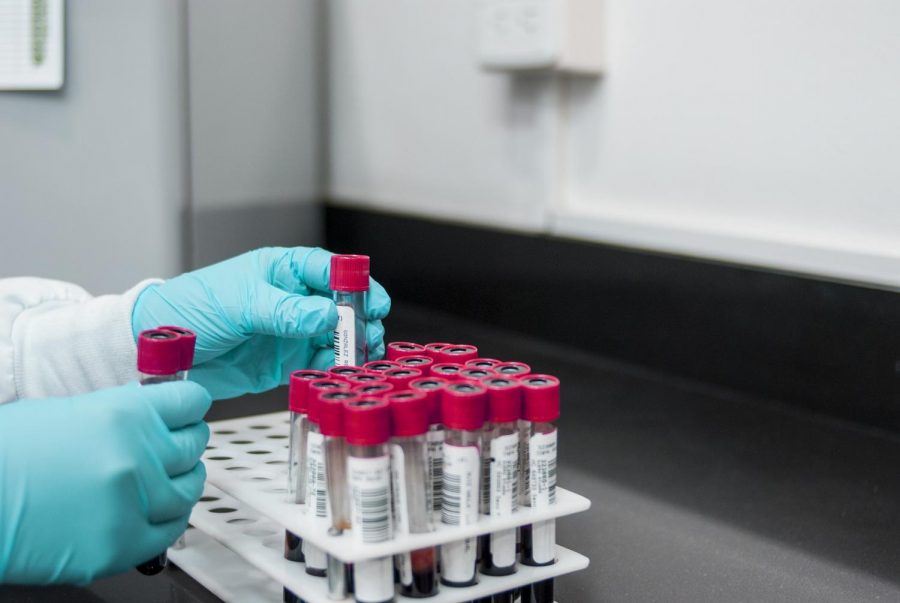Saving lives, one drop of blood at a time
Image by fernando zhiminaicela from Pixabay
Charles Drew changed the world through his medical discoveries.
Charles Richards Drew, the father of blood banking, was an eminent pioneer in the field whose developments saved countless lives in the trenches of World War II, the wards of military, as well as civilian hospitals.
Not only did he create an outstanding medical achievement, but he was also dedicated to racial equality in a segregated America, which became an inspiration to all those striving for justice.
At a young age, Drew helped his family with money by delivering 2,000 newspapers daily. In high school, he excelled in almost every sport his school offered, landing him a scholarship at Amherst College, Massachusetts in 1922.
Drew was one of the 16 African-Americans to graduate from the campus in the 1920s. Although he was amazing in sports, he still had one ambitious goal: medical school. In the fall of 1926, he began to work at Morgan State University to pay off his undergraduate debt and save money for medical school.
After two years, Drew was eligible to apply for only two American schools: Howard University and Harvard Medical School. Howard declined him but Harvard accepted him on a wait list. Impatient to begin his medical studies, Drew declined Harvard and applied to McGill University in Montreal, Canada, completing the degrees of Doctor of Medicine and Master of Surgery, an internship in pathology, a resident year in internal medicine, and a one-year surgical residency at Freedom’s Hospital.
As a doctor and a researcher, his main passion was blood transfusions. At the time, medical science did not have a good way of preserving blood. Drew studied blood and its different properties. When World War II began, the United States need a way to mass produce blood plasma to save the lives of wounded troops. Drew worked with the British on the “Blood for Britain” program to help them develop a blood bank for the war. He then helped to develop the blood bank for the American Red Cross.
Drew worked as the director for the American Red Cross blood bank until he was told to separate white people’s blood from black people’s blood. Strongly disagreeing with this order, he told the US war department “there is absolutely no scientific basis to indicate any difference in human blood from race to race” (https://tinyurl.com/ydc3a9bt). He promptly resigned as director.
At the age of 45, Drew passed away, but his legacy remains through the lives he saved and his research efforts into blood.

Jeslie Avestruz is a staff writer for The Armijo Signal. Occasionally watching the news in the early morning, barely awake while getting ready for the...



